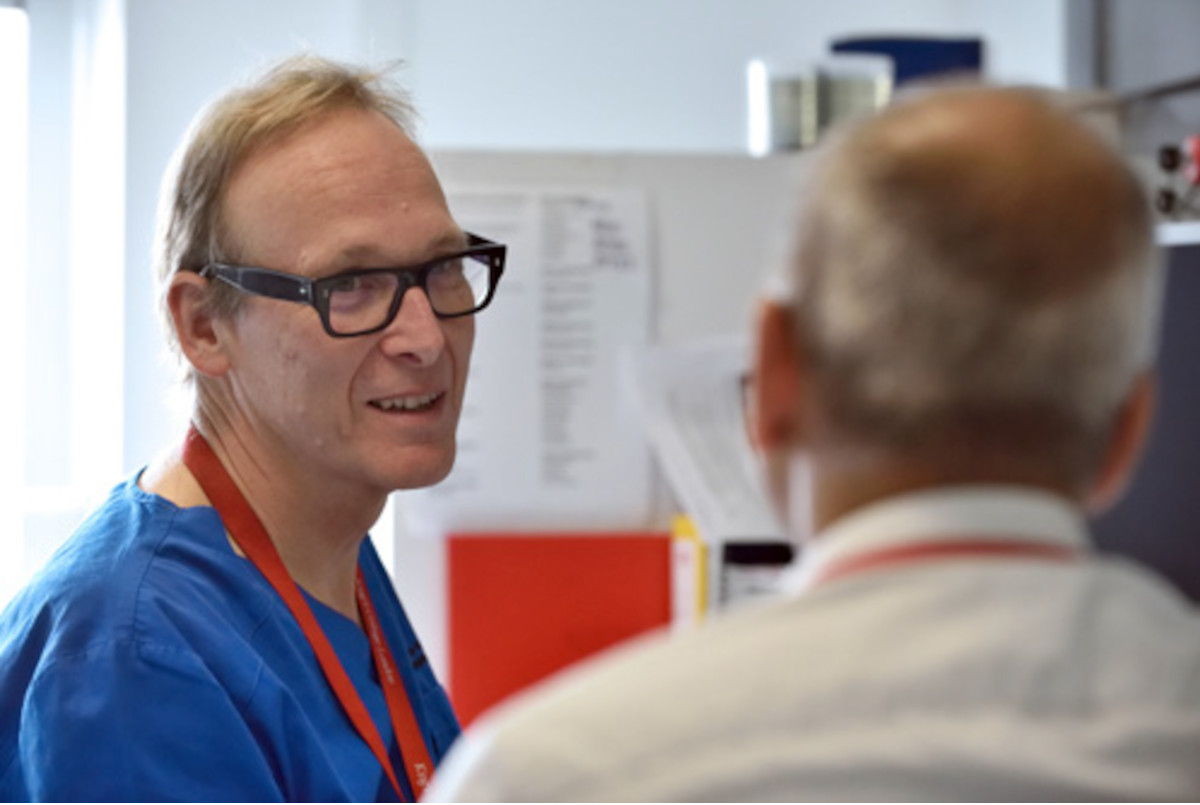

David Edwards is Professor of Paediatrics and Neonatal Medicine, Director of the Centre for the Developing Brain at King’s College London, and Consultant Neonatologist at Guy’s and St Thomas’ Hospital NHS Trust. He was educated at Oxford University, Harvard University, London University and trained with Osmund Reynolds at University College London. In 1992 he was appointed the foundation Weston Professor of Neonatal Medicine at the Royal Postgraduate Medical School, which later joined with Imperial College London. He moved with his group to King’s College London in 2012 to establish the Centre for the Developing Brain with £7.2m of funding from the Medical Research Council.
David's research group aims to reduce the number of infants suffering brain damage in the perinatal period, and took a leading role in the laboratory and clinical research that led to the discovery and implementation of neural rescue therapy for birth asphyxia. They also established the first dedicated neonatal MR scanner and the development of MR imaging to study perinatal problems. David currently leads the €15million Developing Human Connectome Project funded by the European Research Council.
In the long term, David aims to reduce the number of children who suffer lifelong impairment because of brain injury around the time of birth. He and his colleagues are credited with the discovery and implementation of the first effective therapy to reduce brain damage after birth asphyxia. Hypothermic neural rescue therapy doubles the chance of normal survival in affected infants. David's group now is increasingly focused on machine learning and imaging genetics as a way to understand the problems of preterm infants.